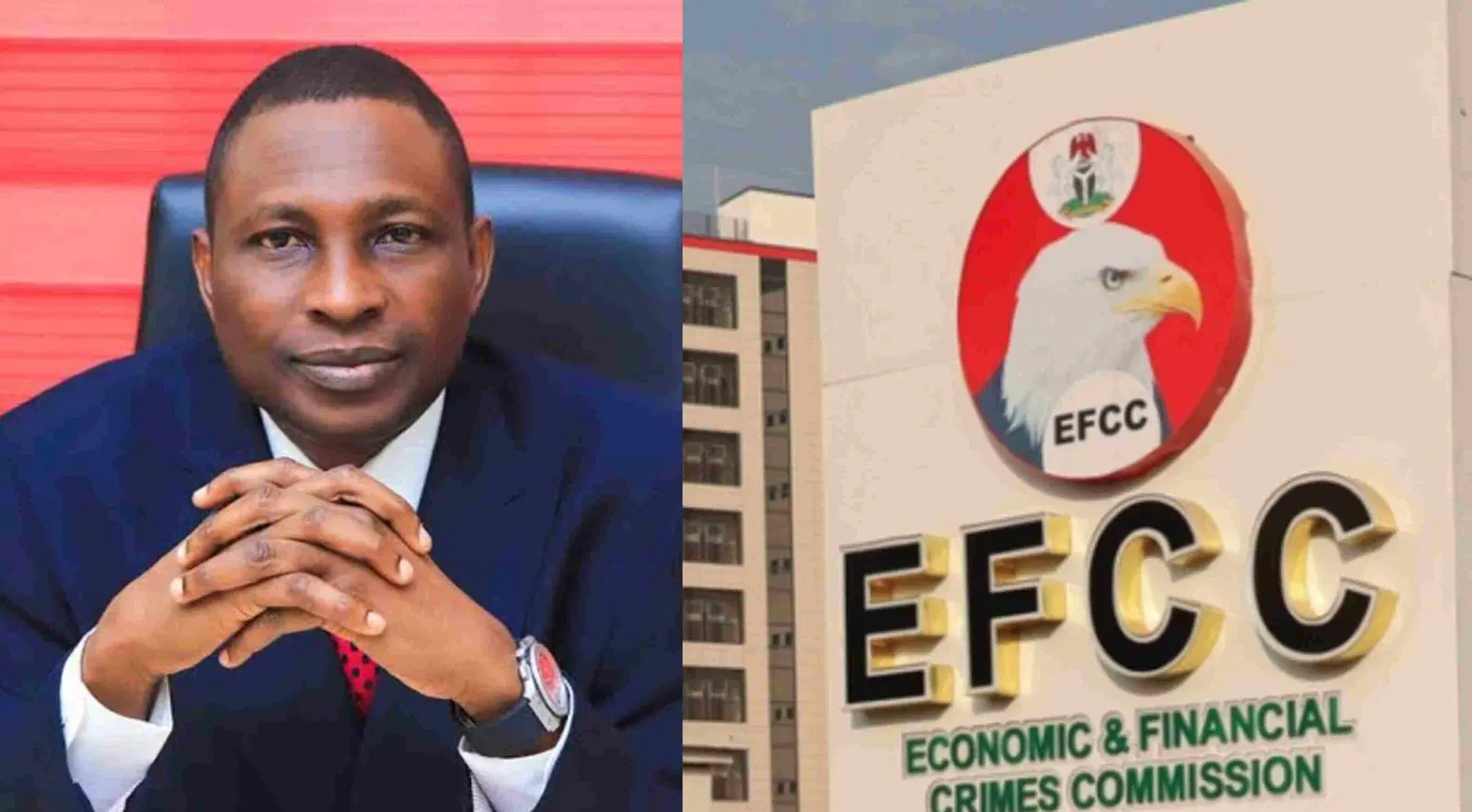The ongoing legal tussle between the Nigerian states and the federal government over the establishment and functioning of the Economic and Financial Crimes Commission (EFCC) highlights longstanding tensions around Nigeria’s federal structure, constitutional limits, and power dynamics. Initially spurred by Kogi State’s litigation questioning the EFCC’s establishment, several other states have joined the suit, bringing broader attention to federal overreach and the potential misuse of anti-corruption agencies as political tools.
The case hinges on whether the federal government followed constitutional procedures when establishing the EFCC in 2004. The states argue that the EFCC’s structure and operations stray from the federalist principles intended by Nigeria’s founding framework, where states maintain significant autonomy. Concerns are compounded by the EFCC’s leadership structure, which places significant power in the hands of the President to appoint the agency’s head, leaving room for perceived partiality in corruption investigations.
The anti-corruption agency has, at times, appeared selective, with politically exposed individuals and those affiliated with the federal administration often avoiding rigorous scrutiny. This discrepancy undermines the agency’s credibility and perpetuates a narrative of selective justice, with federal law enforcement heavily policing state officials but rarely questioning central government figures. The Attorney General of the Federation’s warning that the Supreme Court’s support for the states could be perceived as condoning corruption adds a contentious angle. This kind of rhetoric risks compromising the judiciary’s independence, which is pivotal for upholding the rule of law.
This case underscores the necessity of balancing power across Nigeria’s tiers of government to avoid unchecked authority at the federal level. It calls for a more transparent and equitable anti-corruption framework that serves the public rather than political interests. Should the Supreme Court side with the states, it would not only challenge the current configuration of the EFCC but also reinforce the broader principle that Nigeria’s states are not mere subordinates to the federal government. The verdict could potentially pave the way for reform, fostering a more robust federalism that aligns with the intent of Nigeria’s constitution and benefits the nation as a whole.

